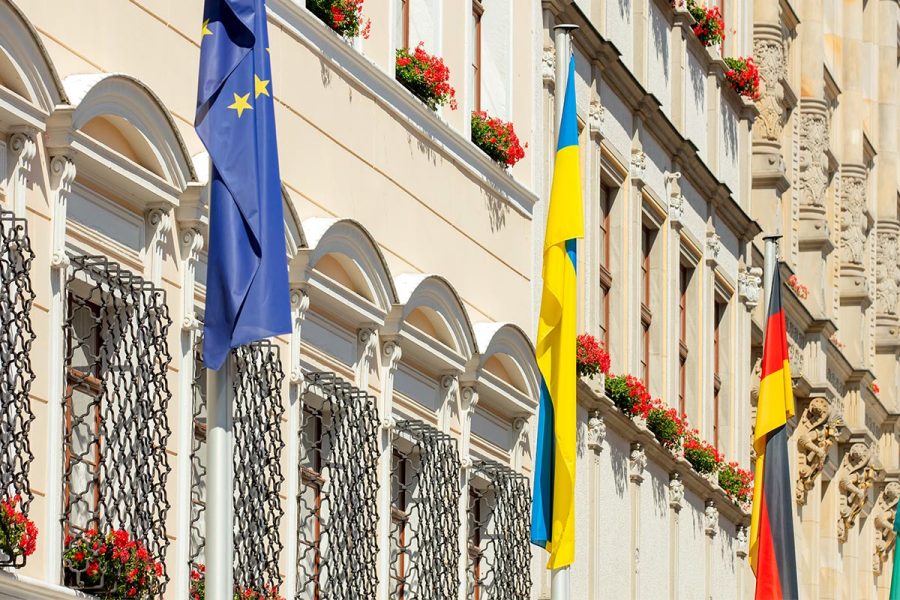Large numbers of refugees from Ukraine fleeing Russia’s war fueled a 1.3% rise in Germany’s population last year, helping push up the number of inhabitants in the European Union’s most populous country to more than 84.4 million, official statistics showed Tuesday.
Germany’s population expanded by 1.12 million in 2022, the Federal Statistical Office said. That compared with an increase of just 0.1%, or 82,000 people, the previous year.
All of Germany’s 16 states saw their populations increase. The largest proportional increases were in the country’s two biggest cities, Berlin and Hamburg, which both saw rises of 2.1%.

At the end of last year, Germany was home to 12.3 million people with only foreign citizenship, the statistics office said. Of those, 1.34 million Turkish citizens — a substantial minority in the country for decades — made up the biggest single group.
There were also 1.05 million Ukrainians, an increase of 915,000 compared with 2021; and 883,000 Syrians, an increase of 48,000.
Overall, the number of foreign citizens living in Germany was up 1.4 million, while the number of German nationals declined by 309,000, largely because there were more deaths than births. As a result, the proportion of the population without German citizenship rose from 13.1% to 14.6%.
Source: foxnews.com